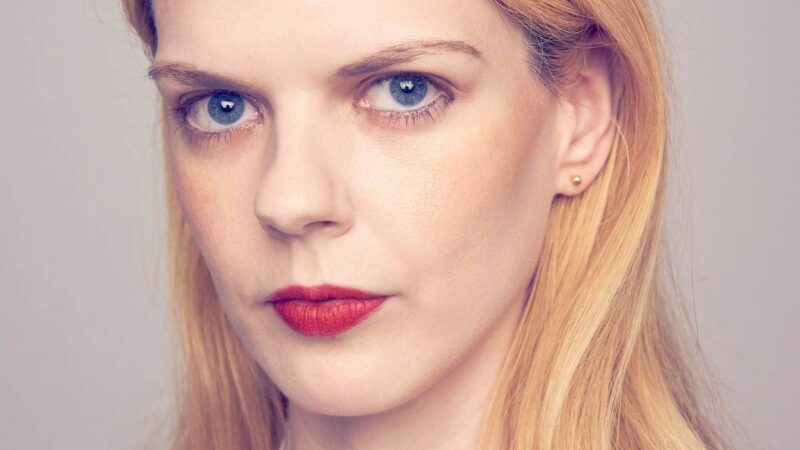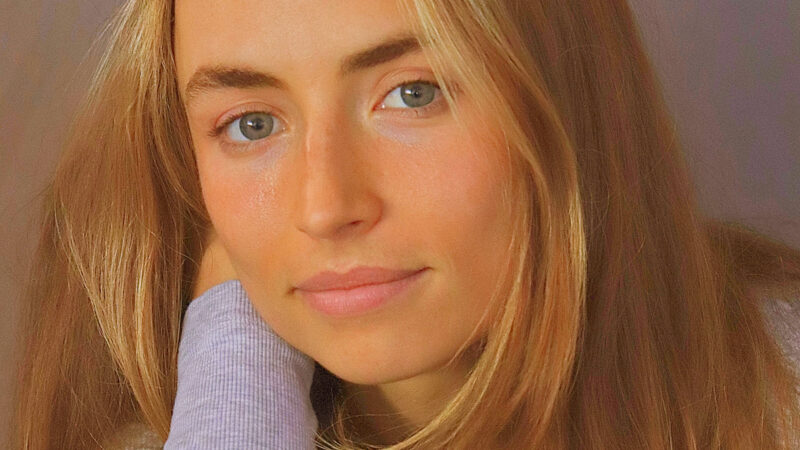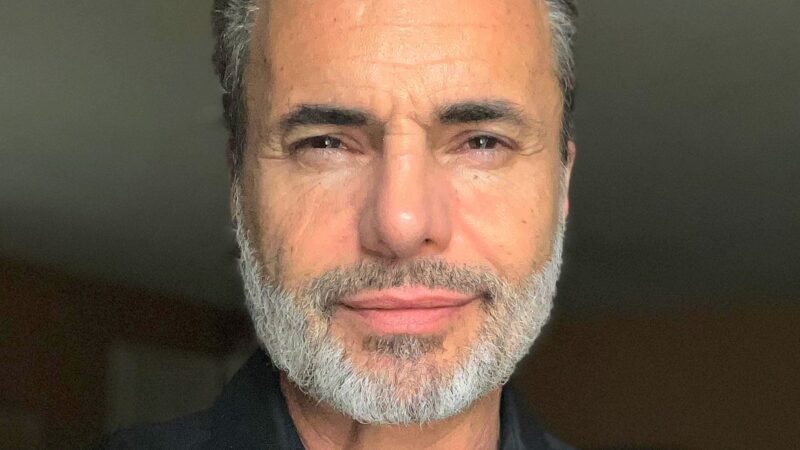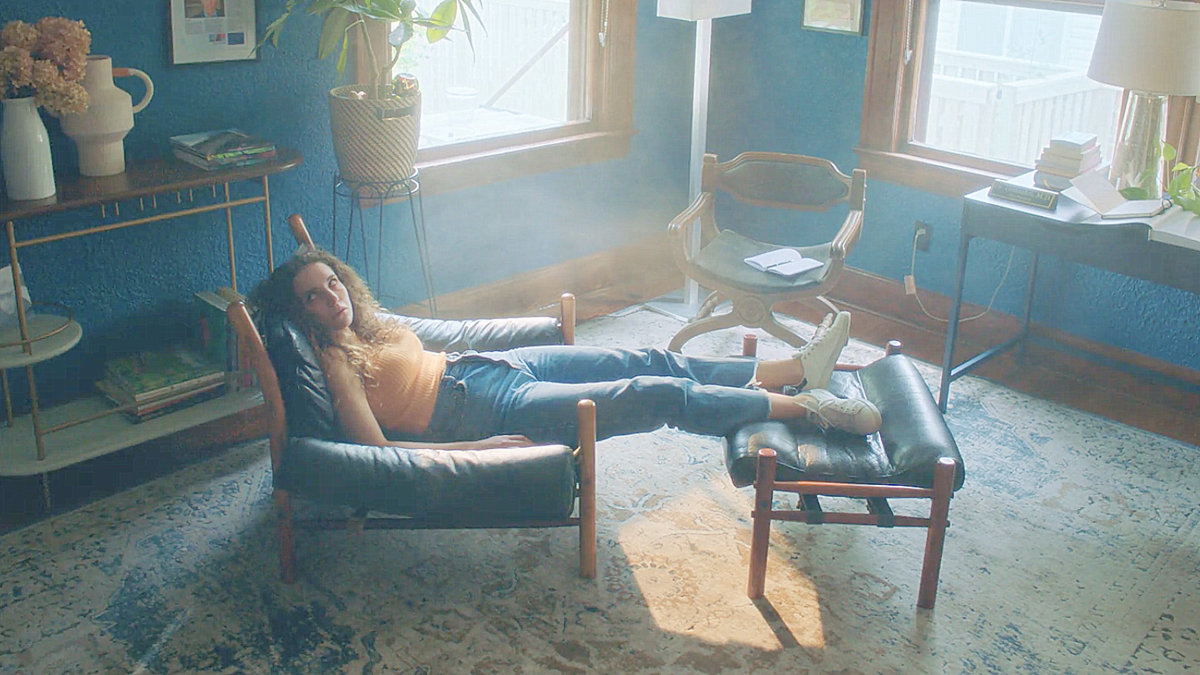
I began writing this story in a playwriting class at NYU nearly two years before its production. Initially, I tried to resist this narrative because it felt too personal, but I couldn’t bring myself to write about anything else. I used to be ashamed of this story, but writing has helped me understand that it’s what has shaped me into who I am today. Without that experience, I wouldn’t be as strong and resilient as I am now.
When I was eleven, I started experiencing nightmares every night, at least three times a night. I was terrified of going to bed and even leaving my bed in the morning. Vivid thoughts and hallucinations about various forms of abuse plagued my mind. I was failing my fifth-grade, and I began having hallucinations while my eyes were open. I saw shadows in class and heard voices tormenting me.
Teachers made fun of me in front of the whole class for my absent-mindedness. Anyone I confided in told me that nightmares were normal for someone my age, so I kept quiet out of shame. It wasn’t until a full year of enduring these nightmares and questioning my purpose on this earth that someone took action.
Watch The Official Trailer for Healing Plan
My mother, my only true best friend at the time, took me to a psychiatrist’s office every week, even when I begged her not to. Slowly, I realized that the constant moving between cities from the age of four had a more significant impact on me than I had realized. By that point, I had lived in Lisbon, Milan, Barcelona, and back to Lisbon.
My dad was constantly traveling at the time, my twin brother was excelling at school, and I was helping my mother take care of my little twin siblings. My nightmares were born from a deep-seated fear of abandonment, of being overlooked and unrecognized. I never felt like I had a home where I truly belonged. Each time I moved, it felt like I needed to change my entire identity to better fit in.
At that time, mental health was not really taken seriously but now, it is all we talk about. I wanted to explore how this story would be different in today’s society – in the idea of the “quick fix.” Individuals believe that going to Dr. Phil once or watching mental health posts on social media will “fix” them. I ended up rewriting the entire script with the director, Samantha Joia, around this idea.
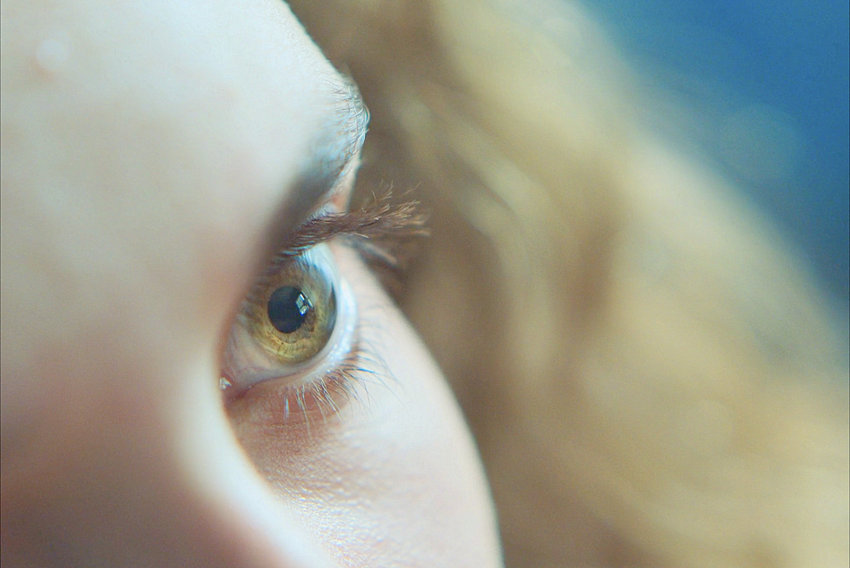
indieactivity: Did you start writing with a cast in mind?
Matilde Silva (MS): Yes, I always knew I was going to cast myself as Luna. I have been used to playing roles that are the opposite of me, but I wanted to challenge myself to play a character that is in a way still in me. I thought to myself, if I was going to tell a story this personal, I might as well go all in. Be fully vulnerable. The rest of the characters were selected through a regular audition process.
How did you put the crew and cast together?
Matilde Silva (MS): I was fortunate to have met a lot of talented people at NYU Tisch. I met up on a random night with Yoni Azulay, the founder of Bluestone Pictures, to pitch him the idea. He came with two friends – Mike Macera and Zach Rineer. They really liked the concept and helped me take it further. I had weekly meetings with Mike to work on the screenplay and had numerous breakthroughs. Yoni helped me with pretty much everything from the script to production to direction.
I remember we began creating a shot list together where my vision was extremely clear, but I felt too overwhelmed. I couldn’t be acting, producing, and directing all at once during my senior year at NYU. Yoni agreed that I had too much on my shoulders and this story needed a female director who could help me make this story as impactful as possible. I interviewed Samantha Joia who also experienced immigration from a young age.
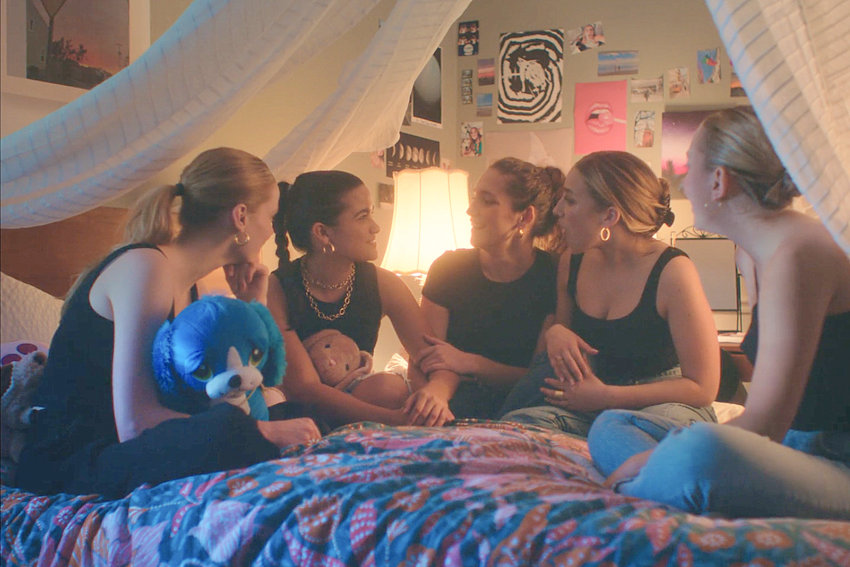
We bonded over the fact that we both spoke Portuguese and had lived in Spain. From the moment we decided to work together, we interviewed numerous students and recent graduates. We welcomed those who were as passionate about this story as we were
How long did you take to complete the script?
Matilde Silva (MS): Samantha and I took about four intense days to write a new script from scratch. Before we began writing it though, we had already spent many weeks discussing it and made numerous revisions afterward, consulting people in the industry as well as friends and family. During the writing process, we met at Sam’s apartment, supplied with sticky notes to capture our brainstorming ideas.
While we kept a few elements from the original script, such as featuring a celebrity doctor and the vital bathtub scene, the majority of our work was a fresh start. Our collaboration involved a considerable amount of trial-and-error. Both of us individually crafted scenes, and once completed, we shared and discussed them with each other.
What was the first writing project that you were involved with or that was out of the gate?
Matilde Silva (MS): In high school, I wrote a play called Abigail that really explored one of the intense nightmares I had as a kid. My favorite Drama teacher, Patricia Munn, saw the potential in the story and picked it for production, and I got to be both the lead actress and the producer. You can probably see why I’ve always felt this strong urge to keep exploring this story.
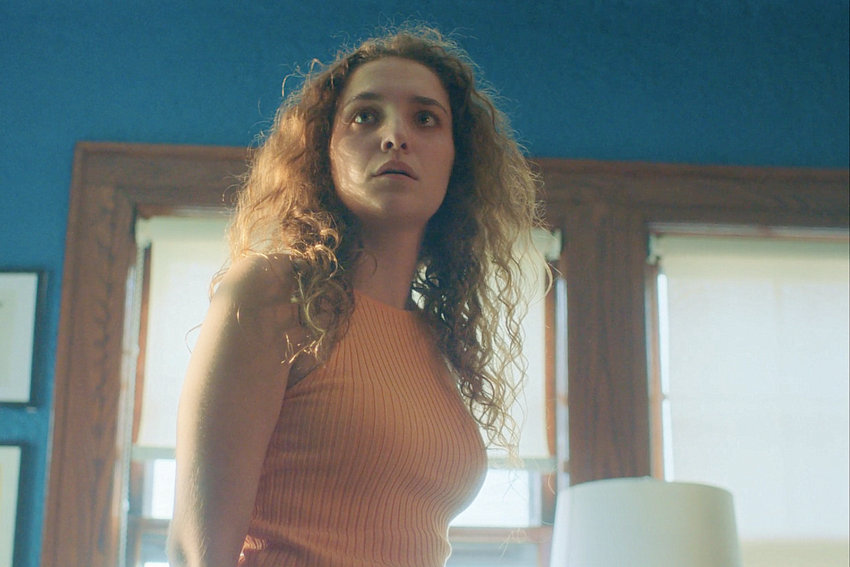
During the production of the film, what scene (that made the cut) was the hardest to shoot?
Matilde Silva (MS): The bathtub scene was the hardest for sure. It was the last scene on our first day of shooting. All the scenes had already taken quite an emotional toll on me, but this one was the real challenge. Because I was going to be half-naked, Sam asked that only the absolutely necessary crew members for that scene were present.
I remember waiting alone in a room before my call to set, and all I could do was cry. It was like a stark reminder of all the personal issues I was dealing with at the time. I just let those emotions come because I knew I was about to tackle the toughest scene in the whole film so I might as well use it. As I got into the tub, the water was freezing, and not exactly crystal clear. I felt really uncomfortable, and suddenly, I just felt emotionally numb. I wanted to use my personal pain through Luna’s character so badly that my body rejected it.
I was trying to relive my past experiences which is the worst thing an actor can do in my opinion. I quickly reminded myself what this scene was all about and let go of what I thought this scene should look like. We did take after take, and I got dirty water up my nose more times than I can count. I was so tired, but I kept remembering everything Sam and I had discussed during rehearsals.
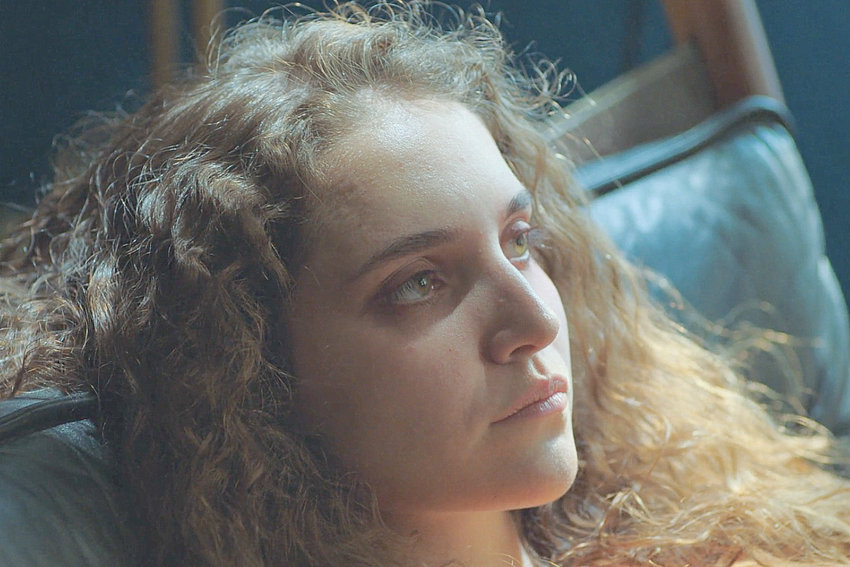
You must have donned several hats on this film, the measure of your input required intellect, effort, tenacity, skill (…you know better). What did it take you to put out all these qualities to get the film done?
Matilde Silva (MS): My mindset and my great support system. I had zero doubts in my head that I was going to make this film no matter what. I believed in the story and its message deeply. Even when I thought of giving up, I knew it wasn’t really a possibility. For instance, I was desperate to find a director in such a short period of time. I got in touch with a few, and most were busy for the shooting dates.
I reached out to absolutely everybody I knew to give me recommendations and researched until I no longer couldn’t. Before and throughout the entire production I made A LOT of consultations. I tried learning from the best. I asked for advice from my NYU professors, LinkedIn connections, industry professionals, etc. I wanted to make sure I was as prepared as possible!
Where do you think your strengths lie as a producer?
Matilde Silva (MS): I never give up, and when people say “no,” it just motivates me more. I’m a problem-solver with a big heart, always eager to create a supportive environment for the crew and cast to discuss their questions and concerns. Effective communication and negotiation are my strong suits, and I’ve applied the skills I’ve learned from acting to producing. I’m not shy about reaching out and making things happen.
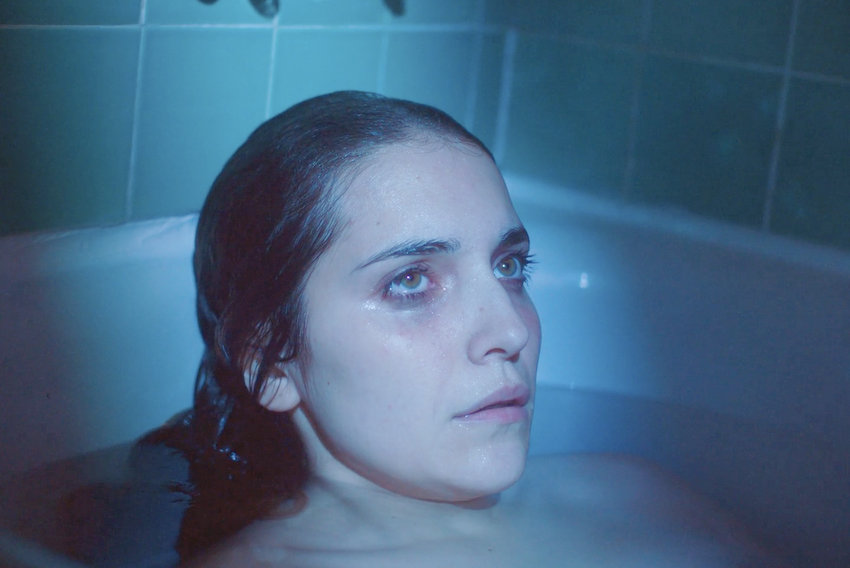
Let’s talk about finance. How did you finance the film, for the film?
Matilde Silva (MS): We created a Seed&Spark crowdfunding campaign. Making the video for the crowdfunding campaign was the first time I really got vulnerable. I had never publicly shared the real story. I wanted the video to also capture the tone of the film, hence I asked our amazing VFX artist, Chloe Liu, to make some animation figures that illustrated my nightmares along with real footage of me as a kid.
Ben Banks, one of our producers, really helped make this crowdfunding campaign as detailed as possible, attaching the lookbook I had created, stating exactly where the money was going towards, our target film festivals, the COVID policies we were abiding to, etc. Once the campaign was live we shared it on our Instagram page @healingplanfilm, via an email chain, and with all our friends and family.
What do you hope audiences get from your film after you finally make it?
Matilde Silva (MS): I hope that audiences take away a sense of empowerment and self-discovery, recognizing the importance of embracing their individuality and inner voices while rejecting societal norms and external validation. The film underscores the pride of being an immigrant and the strength that it brings, showcasing the value of stepping out of one’s comfort zone, embracing one’s true self, and sharing one’s unique values with the world, rather than constantly assimilating to perceived cultural expectations.
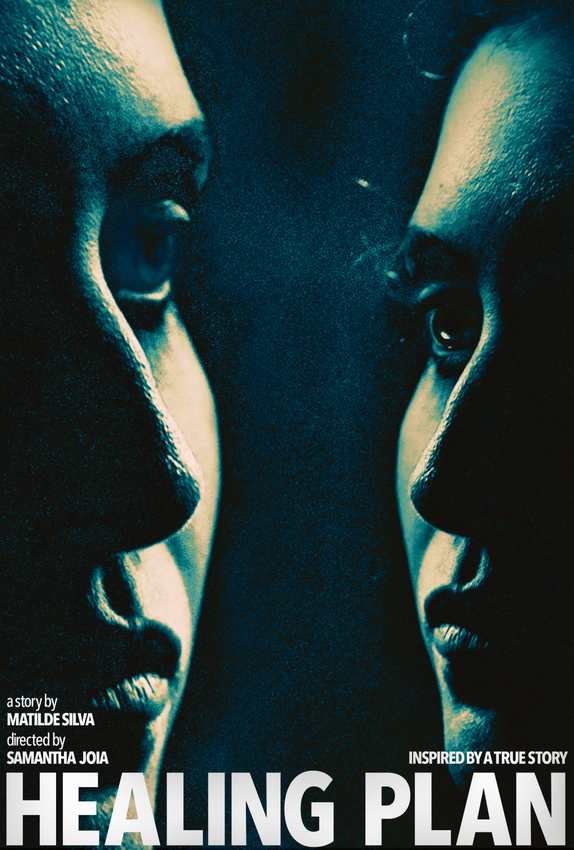
Healing Plan mirrors the universal fears and challenges of self-identity and exploitation faced by a new generation, and I hope it encourages viewers to take charge of their lives. Also, the film emphasizes the significance of taking mental health seriously and dispels the notion of quick fixes often promoted on social media, advocating for professional guidance over self-diagnosis, overmedication, or celebrity doctors. It also serves as a cautionary tale, allowing the audience to learn from Luna’s mother’s mistake of trying to “fix” her rather than celebrating her immigrant identity and the strength it brings.
Do you have the feature script written? If you have it, tell us about it?
Matilde Silva (MS): Originally, I adapted the original play to a feature-length screenplay, and Sam and I continue to be passionate about the possibility of transforming it into a full-length feature film. We believe there is so much more to explore with the story that a shorter format didn’t allow us to. We’re excited to embrace the challenge of expanding this story!
What else have you got in the works?
Matilde Silva (MS): I am writing a new short film that is deeply personal to me. After all, I always write from the heart and from the experiences I know best. Not only am I really focusing on my acting career right now, but I am also working with Akula Literary Partners where I am a Script Coordinator, Staff Writer and Producer. I am developing numerous projects with them from feature films to limited series..
Tell us what you think of the interview with Matilde Silva. What do you think of it? What ideas did you get? Do you have any suggestions? Or did it help you? Let’s have your comments below and/or on Facebook or Instagram! Or join me on Twitter.
Socials
Website
IMDb
LinkedIn
Instagram
YouTube
ACTOR INTERVIEWS

